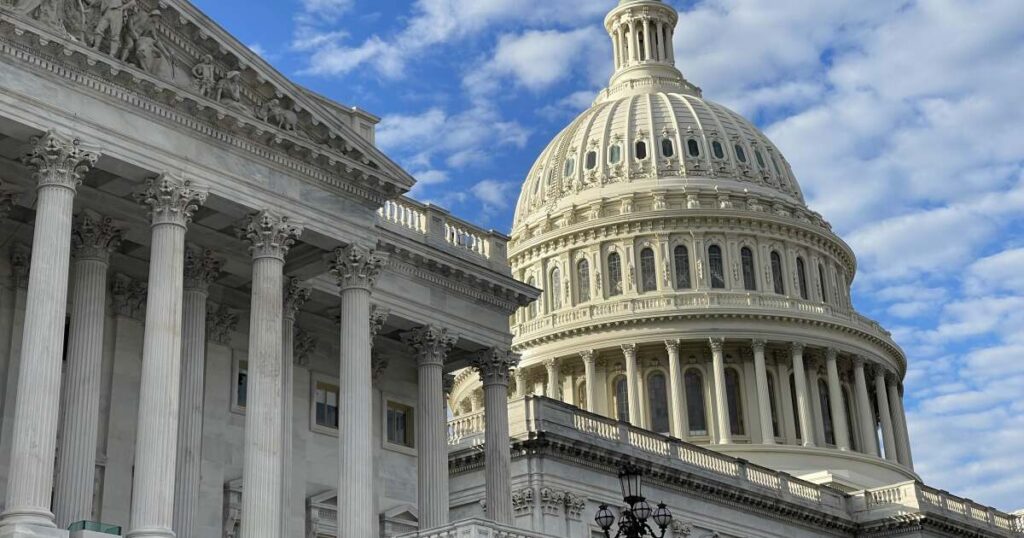
In a pivotal moment for the Republican agenda, the U.S. Senate passed a comprehensive budget reconciliation bill with significant support from Alaska Senator Lisa Murkowski. The legislation, which encapsulates much of former President Donald Trump’s domestic policy objectives, passed narrowly with a 51-50 vote, requiring Vice President JD Vance to cast the deciding vote.
Murkowski described the decision as one of the toughest votes of her career, expressing hope for further amendments before the bill reaches the president’s desk. “While we have worked to improve the present bill for Alaska, it is not good enough for the rest of our nation — and we all know it,” she stated in an email.
Intense Negotiations and Key Amendments
The bill’s passage came after a night of intense negotiations between Murkowski and Senate leaders, who sought to address her concerns over potential cuts to Medicaid and food assistance programs that would impact Alaskans. “Did I get everything that I wanted? Absolutely not,” Murkowski admitted to reporters outside the Senate chamber.
Despite her reservations, Murkowski ultimately supported the bill due to concessions made for rural health care and food assistance. She highlighted a new $50 billion fund for rural hospitals and clinics and increased flexibility for Alaska’s participation in the Supplemental Nutrition Assistance Program (SNAP).
Opposition and Support
Three Republican senators — Susan Collins of Maine, Rand Paul of Kentucky, and Thom Tillis of North Carolina — joined Democrats in opposing the bill. Murkowski, along with Collins, was part of the “Medicaid moderates” who resisted significant reductions to government-funded health care for low- and middle-income Americans.
Senate leaders crafted specific provisions for Alaska to secure Murkowski’s vote, including better tax treatment for renewable energy sectors. The final bill notably omitted a proposed excise tax on clean energy, aligning with Murkowski’s advocacy for wind and solar power.
Economic Implications and Controversies
The bill also includes provisions for new oil lease sales in the Arctic National Wildlife Refuge and the National Petroleum Reserve Alaska, initiatives long supported by Murkowski and fellow Alaskan Senator Dan Sullivan, who also voted in favor.
However, the Congressional Budget Office projected that the bill would add over $3 trillion to the budget deficit, a point of contention for some conservative Republicans, particularly in the House. Sullivan argued that the continuation of the 2017 tax cuts, a major cost of the bill, should not be counted as new spending. “We’re pretty sure that the tax cuts were going to continue,” Sullivan remarked, suggesting the bill offers “historic savings of about roughly $1.6 trillion.”
Next Steps and Legislative Challenges
The bill now moves to the House, where a different version passed in May by a narrow margin. The House could expedite the process by passing the Senate’s version, allowing for a potential signing by Trump by his July 4 deadline. Alternatively, lawmakers from both chambers could convene a conference committee to reconcile differences, necessitating further Senate approval for any amendments.
This development represents a significant step in advancing the Republican legislative agenda, though it faces challenges in balancing fiscal responsibility with policy ambitions. As the bill progresses, its impact on national and state-level policies will continue to unfold, with Murkowski’s pivotal role underscoring the complex dynamics of bipartisan negotiation.





